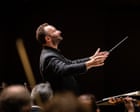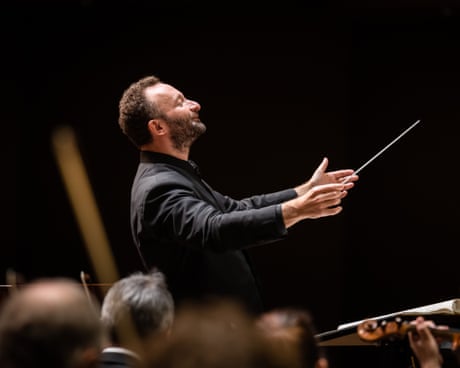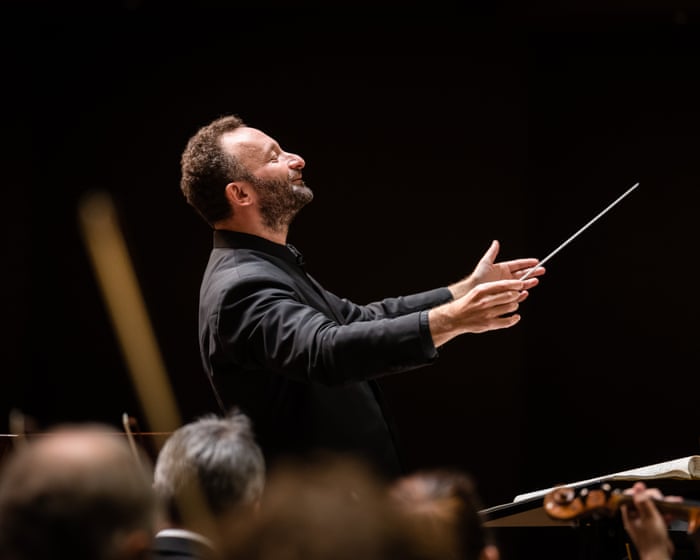Elgar: The Dream of Gerontius album review – Gardner and the LPO’s reading is bold and dramatic
(LPO)
Recorded live at the BBC Proms, Edward Gardner and the London Philharmonic Orchestra’s propulsive performance, with soloists Allan Clayton, Jamie Barton and James Platt, is one to cherish
The Dream of Gerontius may be the unlikely star of Alan Bennett’s The Choral, but it’s hardly in need of a popularity boost: Edward Gardner’s vibrant new recording is one of three released in the last two years, with another due in January.
Recorded live at the 2022 BBC Proms, this propulsive reading has a great deal going for it. Allan Clayton captures the febrile nature of the dying man whose every sensation is both a terror and a fascination. His heroic tone thrills in the great prayer, Sanctus Fortis, while an expressive use of text illuminates the philosophical question and answer session in Part Two. Jamie Barton’s luxurious mezzo-soprano possesses a tangible immediacy as well as offering ample reserves of comfort. James Platt’s craggy bass is well-suited to the Angel of the Agony.
Continue reading...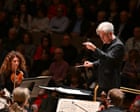
© Photograph: Mark Allan
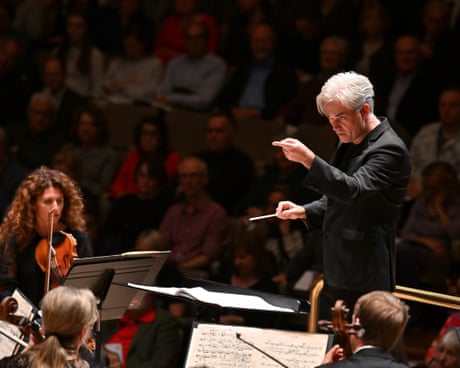
© Photograph: Mark Allan
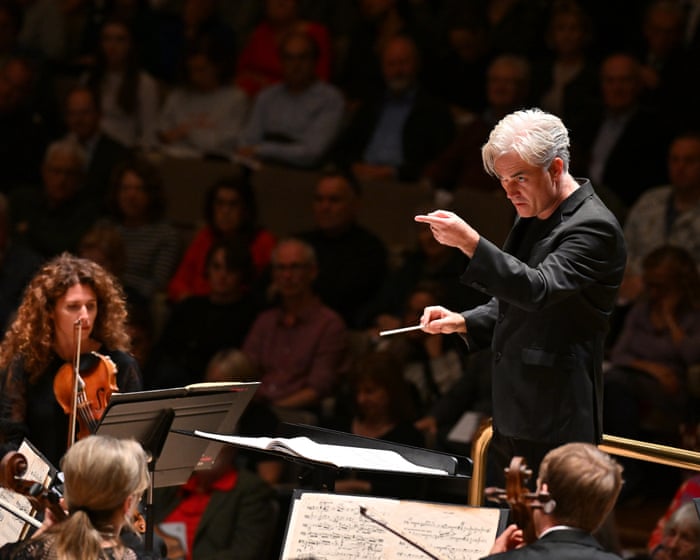
© Photograph: Mark Allan
